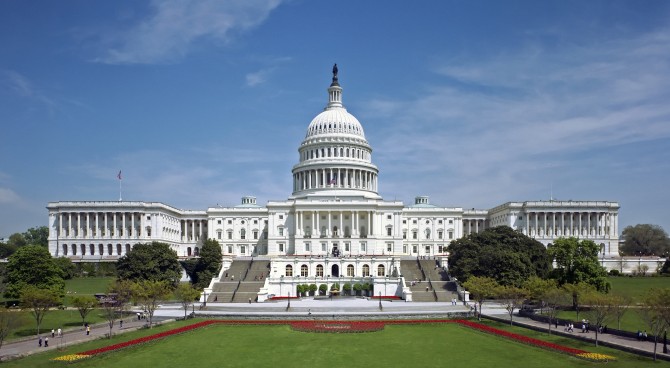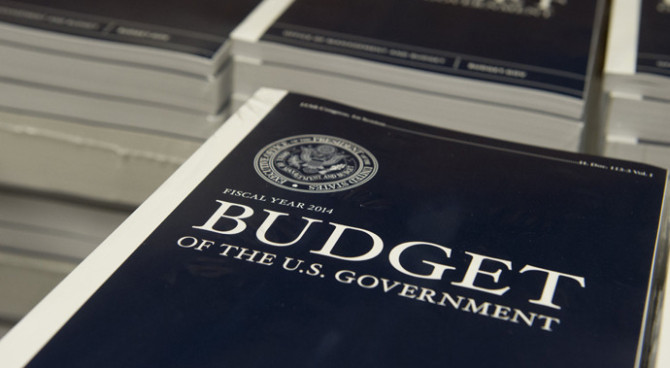As President Obama is learning, no political victory is permanent without economic success. Consider the fates of two former Soviet vassals.
By
PHIL GRAMM And MICHAEL SOLON
Aug. 29, 2014 6:58 p.m. ET
In forging Turkey out of the ruins of the Ottoman Empire, Mustafa Kemal Atatürk warned his countrymen in 1923 that all they had accomplished hung in a most tenuous balance: “No matter how great they are, political and military victories cannot endure unless they are crowned by economic triumphs.” Ninety years later, Atatürk’s wisdom applies not just to Turkey at its inception but to all people, in all times, who seek to win and preserve freedom and independence.
There is no better modern example of the power of an economic triumph than the experience of Ukraine and Poland in the post-Cold War era. With the fall of the Berlin Wall and the collapse of the U.S.S.R., both nations—which emerged from Soviet domination with virtually identical economic and political systems—suddenly faced the rarest of Central European conditions: independence.
Ukraine has largely squandered its economic potential with pervasive corruption, statist cronyism and government control. With budget deficits as high as 14.4% of GDP, hyperinflation and an underground economy approaching 50% of all economic activity, Ukraine’s economy since 1992 has grown about one-fifth as much as the economy of its smaller neighbor Belarus. The per capita income of Ukraine, in U.S. dollar equivalence, has grown to only $3,900 in 2013 from a base of $1,570 in 1990.
Today, the whole world is painfully aware that Ukraine’s economic failure has endangered its freedom and independence, and forced it to courageously fight for both.
By most conventional measures, Ukraine should be a wealthy country. It has world-class agricultural land, it is rich in hydrocarbons and mineral resources, and it possesses a well-educated labor force. Yet Ukraine remains poor, because while successful Central European nations have replaced their central-planning institutions with market-based reforms, Ukraine has never been able to break the crippling chains of collectivism. Only now is Ukraine seriously attempting to limit government, control spending, stop the growth of its national debt, and stabilize the value of its currency.
These are reforms that Poland instituted almost a quarter of a century ago, and dramatically transforming its economy. By employing free-market principles and unleashing the genius of its people, Poland has triggered an economic triumph as per capita GDP, in U.S. dollar equivalence, soared to more than $13,432 by 2013 from $1,683 in 1990. Today Poland is the fastest-growing economy in Europe. Its economic success and democratic reforms have earned it European Union membership, and Poland’s once fleeting sovereignty is now anchored in NATO.
The man largely responsible for Poland’s transformation is Leszek Balcerowicz, the former finance minister who was later governor of Poland’s Central Bank. In transforming a nation from a state-based collectivist economy to a market-oriented economy, Mr. Balcerowicz in 1989 had no manual to read or modern example to follow.
He faced two choices: act boldly using what he called “shock therapy” or act slowly and incrementally. Bold action had little chance of success but incrementalism had no chance of success. As Mr. Balcerowicz put it, “a very risky option is always better than a hopeless option.”
The concept of free markets was foreign to the Polish people, but Mr. Balcerowicz understood that economic freedom was a necessary condition for prosperity and, ultimately, for the preservation of political freedom and national independence. The Balcerowicz Plan was built around permitting state firms to go bankrupt, banning deficit financing, and maintaining a sound currency. It ended artificially low interest rate loans for state firms, opened up international trade and instituted currency convertibility.
His plan was signed into law on December 31, 1989 and within days, inflation—which had reached an annual rate of 17,000%—started to plummet. Poland pegged the value of the zloty to the dollar, permitting redenomination of the zloty five years later by crossing out four zeros. Once the reforms were in place, goods started showing up first in the trunks of cars, then in street stands, in small shops and ultimately in large stores. A miracle transition was under way and the rest is history.
By crowning its great political victory in achieving independence with economic triumph, Poland has established itself as a Western nation. Whereas the people of Ukraine are divided by language and heritage, in Poland people are united by prosperity and a shared hope for the future. By using its political victory to remake its economy, Poland created the prosperity that has strengthened and solidified its freedom and independence.
Atatürk’s dictum is a warning that without economic growth and prosperity, political and military victories can be transient and historically inconsequential. President Obama has won historic political victories. ObamaCare, the Dodd-Frank financial reforms, the largest stimulus program in American history and the most pervasive expansion of regulatory authority in three quarters of a century largely fulfilled a progressive agenda that predated the 20th century. While Mr. Obama has transformed American society, his program has failed to produce an economic triumph, a failure that a free society will not long tolerate.
The Reagan program, begun in the early 1980s, dominated the economic policy of America for a quarter century because it produced broad-based prosperity in what now seems to have been a golden age. While the Reagan program has been largely repealed, in the midst of the current failed recovery the memory of its success burns ever more brightly.
But more than it needs memories, America needs a new generation of leaders who are ready, as Ronald Reagan and Leszek Balcerowicz were, with a plan of action when America turns again—as it inevitably will—to the system of freedom and opportunity that made us the greatest nation in the history of the world.
Mr. Gramm, a former Republican senator from Texas, is senior partner of US Policy Metrics and a visiting scholar at the American Enterprise Institute. Mr. Solon, a former adviser to Senate Republican Leader Mitch McConnell, is a partner in US Policy Metrics.



